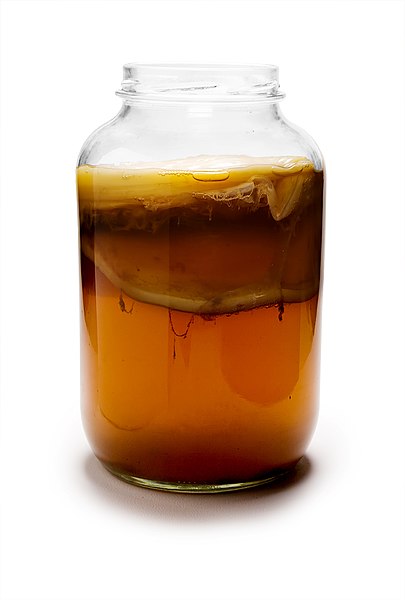27 C.F.R. §16.22 General requirements.
(a) Legibility. (1) All labels shall be so designed that the statement required by §16.21 is readily legible under ordinary conditions, and such statement shall be on a contrasting background.
(2) The first two words of the statement required by §16.21, i.e., “GOVERNMENT WARNING,” shall appear in capital letters and in bold type. The remainder of the warning statement may not appear in bold type.
(3) The letters and/or words of the statement required by §16.21 shall not be compressed in such a manner that the warning statement is not readily legible.
(4) The warning statement required by §16.21 shall appear in a maximum number of characters (i.e., letters, numbers, marks) per inch, as follows:
Minimum required type size for warning statement Maximum number of characters per inch
1 millimeter 40
2 millimeters 25
3 millimeters 12
(b) Size of type. (1) Containers of 237 milliliters (8 fl. oz.) or less. The mandatory statement required by §16.21 shall be in script, type, or printing not smaller than 1 millimeter.
(2) Containers of more than 237 milliliters (8 fl. oz.) up to 3 liters (101 fl. oz.). The mandatory statement required by §16.21 shall be in script, type, or printing not smaller than 2 millimeters.
(3) Containers of more than 3 liters (101 fl. oz.). The mandatory statement required by §16.21 shall be in script, type, or printing not smaller than 3 millimeters.
(c) Labels firmly affixed. Labels bearing the statement required by §16.21 which are not an integral part of the container shall be affixed to containers of alcoholic beverages in such manner that they cannot be removed without thorough application of water or other solvents.




